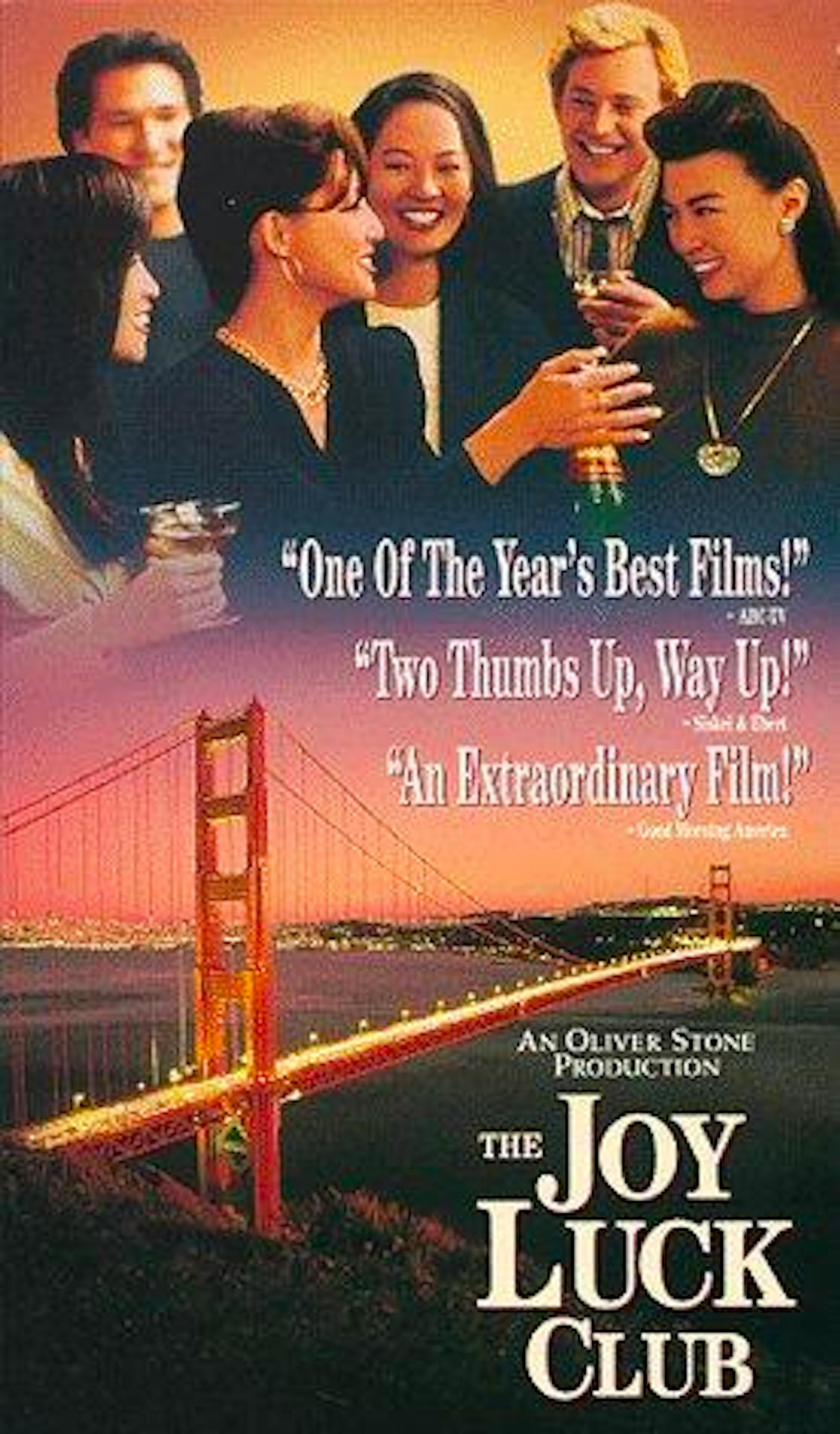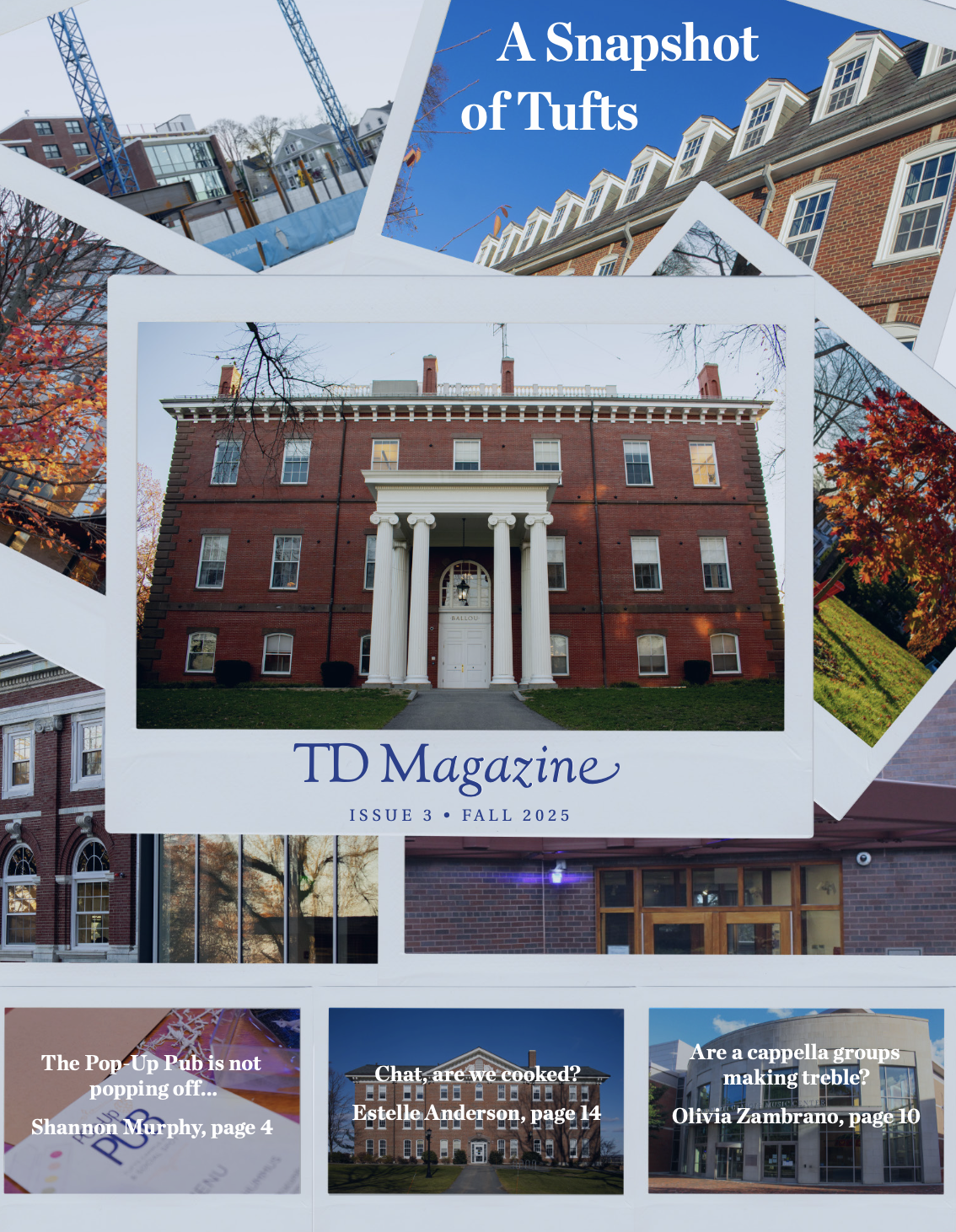Content warning: This article mentions rape and abuse.
2018 marks the tenth anniversary of the Boston Asian American Film Festival (BAAFF). As New England’s largest Asian-American film festival, the BAAFF is dedicated to celebrating the brilliance behind the making of Asian-American films in diverse genres and themes, including feature films, short films, queer films and political documentaries. This year's BAAFF opened on Oct. 18 with a special 25th anniversary screening of "The Joy Luck Club" (1993), followed by a conversation featuring one of the film’s stars, Rosalind Chao, at the Brattle Theater in Cambridge, Mass.
Directed by Wayne Wang, "The Joy Luck Club" was adapted from Amy Tan’s 1989 novel of the same name, with Tan as one of its screenwriters. Beginning with a large gathering set in San Francisco, the film tells the stories of four Chinese-American mother-daughter pairs. Suyuan Woo (Kieu Chinh), Lindo Jong (Tsai Chin), An-Mei Hsu (Lisa Lu) and Ying-Ying St. Clair (France Nuyen) are four first-generation Americans who grew up in China. They become friends through church and form The Joy Luck Club to meet regularly to play the popular Chinese tile game of mahjong. The daughters of the four women — June Woo (Ming-Na Wen),Waverly Jong (Tamlyn Tomita), Rose Hsu Jordan (Rosalind Chao) and Lena St. Clair (Lauren Tom) -- have known each other since childhood and embark on different yet overlapping journeys of life that are intimately tied to their mothers’ past.
Explaining the characters' identity by unveiling their maternal lineage, "The Joy Luck Club" challenges the centuries-old Chinese tradition of writing patrilineal family histories. The film's premise begins with the story of June and Suyuan: For her entire life, Suyuan has lived with the shame of being forced to abandon her pair of twin girls in China during the Sino-Japanese War. After Suyuan’s death, her three friends from The Joy Luck Club succeed in locating her long-lost twins and inform June of the news. While overjoyed to find her half-sisters alive and at the prospect of meeting them one day, June is concerned that she will not know what to tell the twins about their late mother as she realizes that she does not know anything about Suyuan's life. Lindo reacts to June’s confession in a voice of critical disbelief: “How can a daughter not know her own mother?” (In the novel, it was originally An-mei who said “Not know your own mother? ... How can you say? Your mother is in your bones.”) On top of Lindo’s response, Ying-Ying adds, succinctly but powerfully, “Your mother is your voice.” In likening the mother to her daughter’s deepest physical interior, Tan intriguingly reverses the womb-embryo relationship in which the mother contains the daughter, while retaining its implication of the mother-daughter pair as inseparable. Ying-Ying’s comment also implies a mutually constitutive mother-daughter relationship, as June in fact lends her own voice in recounting her mother's experience in China.
The relationship between An-mei and Rose demonstrates how lasting and influential a grandmother's legacy can be on the mother-daughter dynamic. An-mei’s mother -- Rose's grandmother -- is disowned by her family after being raped by a wealthy merchant, as they are convinced that she actively sought the unwanted sexual relationship for his money; she is forced to become the merchant’s fourth and least important concubine. In the household, An-mei’s mother is sexually dominated by the merchant, now her husband, and emotionally abused by his second wife, who claims An-mei’s son as her own in order to gain the prestige as the mother of the merchant’s heir. Eventually, An-mei’s mother commits suicide on a superstitious date in order to protect An-mei from harm in the merchant’s household, as the family believed that would trigger disastrous revenge from her furious spirit. An-mei describes her mother as “not [knowing] her worth,” suggesting that her mother should not have succumbed to her abusers so easily. For An-mei, her own daughter, Rose, inherits a lack of awareness about her self-worth from her grandmother. After being racially insulted by the mother of her white college boyfriend and future husband Ted, Rose decides to behave in accordance with Ted’s will as much as possible to perform the role of a perfect wife and to remove any chances of criticism by Ted or his family. However, Ted, initially attracted to Rose’s original assertiveness, becomes tired of her gradual retreat into passivity. An-mei exclaims that, even though she tries her best to raise her daughter as someone who would bravely stand up for herself, Rose is essentially “just like [her grandmother]. Never know what [she is] worth.”An-mei’s story, again, emphasizes a mother’s power and lasting influence on her daughter.
Although "The Joy Luck Club" successfully unveils the emotional heritage that the mothers in the film pass onto their daughters, it fails to realistically address the cultural and ethnic roots of Chinese-Americans. The film’s description of 20th century China is more imaginary than factual. Ironically, as much as "The Joy Luck Club" claims to focus on telling the backstories of first-generation Chinese Americans, none of the stories told in the film are situated in specific places or years. To add even more ambiguity, the film refers to none of the mothers of the four members of the Joy Luck Club by name. In other words, the audience only comes to know these women as “mothers,” as if their identities exist exclusively within this specific familial role. This lack of narrative specificity in the film leaves some of its stories arguably uncorroborated, unfair and as orientalist pictures of Chinese poverty, superstition and exoticness.
That being said, as one of the first well-known Hollywood films with a predominantly Asian-American cast — over two decades before the recent hit "Crazy Rich Asians" — "The Joy Luck Club" remains a powerful advocate for broader media representation of Asian-Americans and Asian cultures in this country.
The 2018 BAAFF will continue to host film screenings and conversations with artists every day until Oct. 28.
Boston Asian American Film Festival celebrates 10 years, opens with 'The Joy Luck Club'

A promotional poster for 'The Joy Luck Club' (1993), the opening film for the Boston Asian American Film Festival, is pictured.





